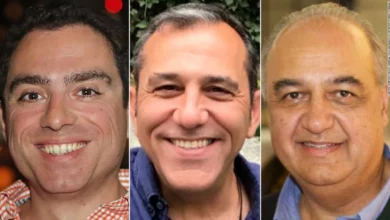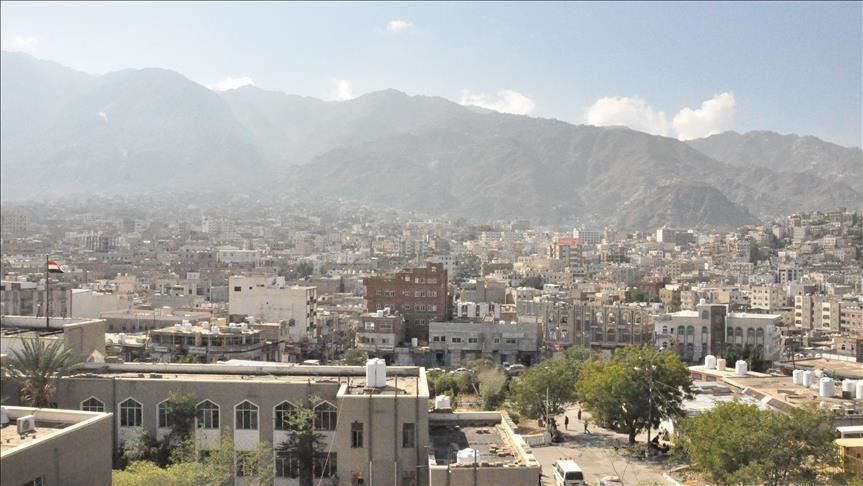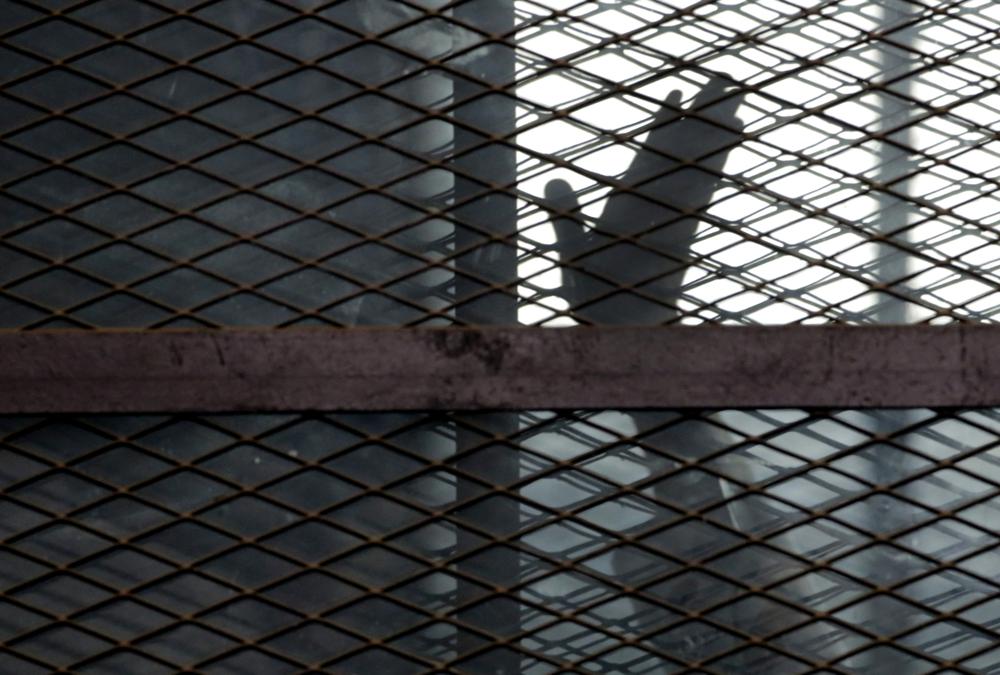Secretary General of the Jama’a al-Islamiya’s Construction and Development Party Alaa Abul Nasr said that they called on President Mohamed Morsy to intervene to release 34 political prisoners held in Aqrab and Minya prisons.
The prisoners, according to Abul Nasr, are in need of care more than others who were imprisoned after the revolution. He criticized statements by the administration which stressed the need to release those who were jailed after the revolution, without mentioning those who were first to oppose Mubarak’s regime.
“The administration should release those [political] prisoners immediately, especially those who stood trial before exceptional military courts and state security courts. They ignited the Egyptian revolution, and they should be rewarded,” he added.
“It seems that the administration’s stance on this case is contradictory. We were waiting for an immediate decision after President Mohamed Morsy had took over power for releasing the prisoners and destroying Aqrab Prison, to mark the end of the era of injustice,” he added.
Among the prisoners are 10 who were sentenced to death. Seven of them belong to the Jama’a al-Islamiya, while the other three belong to Salafist Jihadism.
The state-owned Middle East News Agency quoted a judicial source as saying that only the president has the right to pardon any individual convicted by any normal or military court in the country.
On Monday, dozens of protesters gathered outside the Presidential Palace to demand that President Mohamed Morsy issue a general amnesty for the release of civilians sentenced by military courts.
Last week in his speech before thousands of protesters in Tahrir square, Morsy promised to work to free civilian detainees being tried by military courts.
Since the Supreme Council of the Armed Forces took power in February 2011, at least 12,000 civilians were tried before military courts according to Human Rights Watch.




